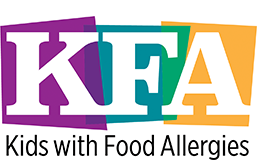 Avg. rating 5 from 8 votes.
Avg. rating 5 from 8 votes.
# of Servings: 4
Recipe Created By: Jenny Travens
1/4 cup coconut flour
2 Tbsp cacao powder (carob works great too!)
2 Tbsp raw, local honey
1/2 cup raw almond butter
1/4 cup virgin coconut oil
1/3 cup unsweetened coconut shreds (optional)
In a bowl, mix together the coconut flour and cocoa powder (or carob).
In another small bowl, microwave the almond butter and coconut oil until melted and smooth.
Pour in the honey and stir until mixture is creamy.
Slowly dump the coconut oil mixture into the dry ingredients. Stir well until both dry and wet ingredients are incorporated completely.
Line a 8×8 baking pan with parchment paper and pour the coconut mixture into it.
Chill in the fridge for two hours.
Once set, use a tablespoon to scoop out the mixture. Roll into balls, one tablespoon in size, then roll in unsweetened coconut shreds if using.
Butter and Margarine: Butter is a dairy product made from cow’s milk. Margarine typically contains milk or soy, but there are milk-free and soy-free versions available.
Coconut: Although classified by the FDA as a tree nut, coconut is not a common allergen and is not related to tree nuts. If you have a
tree nut allergy, consult your physician to find out if you need to avoid coconut.
Gluten: Gluten is a protein found in specific grains (wheat, spelt, kamut, barley, rye). Other grains are naturally gluten-free but may have cross-contact with gluten-containing grains. Look for certified gluten-free products if you need to avoid gluten. Find out more about
wheat and gluten substitutions.
 Avg. rating 5 from 8 votes.
Avg. rating 5 from 8 votes.




















